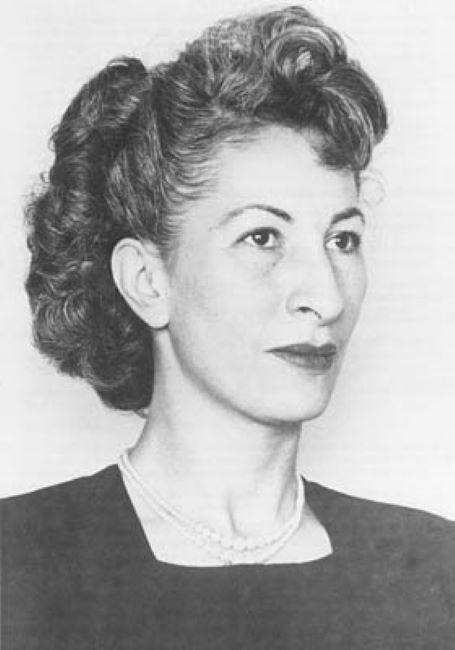Bio/Wiki
| Birth Name | Blanca Rosa López Rodríguez |
|---|---|
| Nickname | The California Whirlwind |
| Famous for | Being a labour organizer and civil rights activist |
| Political Party | Communist Party USA (1930-1935) |
Educational Qualification(s)
| School | Holy Names University, Oakland, California |
|---|---|
| College/University | Universidad Nacional Autónoma de México |
Personal Life
| Food Habit | Non-Vegetarian |
|---|---|
| Political Inclination | Marxism |
| Zodiac Sign | Scorpio |
Relationships & More
| Marital Status | Widow |
|---|---|
| First Marriage | Year, 1927 (Divorced in 1937) |
| Second Marriage | Year, 1947 (Died on 1 February 1960) |
Family
| Father | Ernesto Rodriguez (Coffee Farmer) |
|---|---|
| Mother | Alicia Lopez Rodriguez (Socialite) |
| Siblings | 1 Brother (Ernesto), 2 Sisters (Graciela Rodríguez López) |
| Spouse | First Husband - Miguel Angel De León (Artist), Second Husband - Gray Bemis (Navy Officer) |
| Children | Daughter - Mytyl Glomboske |
Career
| Summary | Luisa Moreno was a prominent social activist and labour organizer whose efforts were pivotal in advocating for the rights of workers, especially within Spanish-speaking communities. She was involved in various protests and strikes, often facing significant opposition. Her activism included founding unions and participating in significant events aimed at improving the conditions for marginalized groups. Additionally, she was an accomplished journalist and poet, highlighting the struggles of her community through her writings. |
|---|
Some Lesser Known Facts
| Luisa was born into a wealthy family in Guatemala but faced familial opposition regarding her activism. | |
| She adopted the name Luisa Moreno to honor a Mexican labour organizer. | |
| Experiencing severe health issues at a young age, her father's promises shaped her early life. | |
| Luisa confronted racism during her education in California, igniting her later activism. | |
| She established La Sociedad Gabriela Mistral to advocate for women's rights to education and the vote. | |
| Her poetry, including 'El Vendedor de Cocuyos', reflects her experiences and activism. | |
| Despite significant challenges, including a deportation threat, she remained committed to her causes. | |
| Her legacy continues to inspire movements for worker rights and social justice, recognized even in modern remembrances. |





